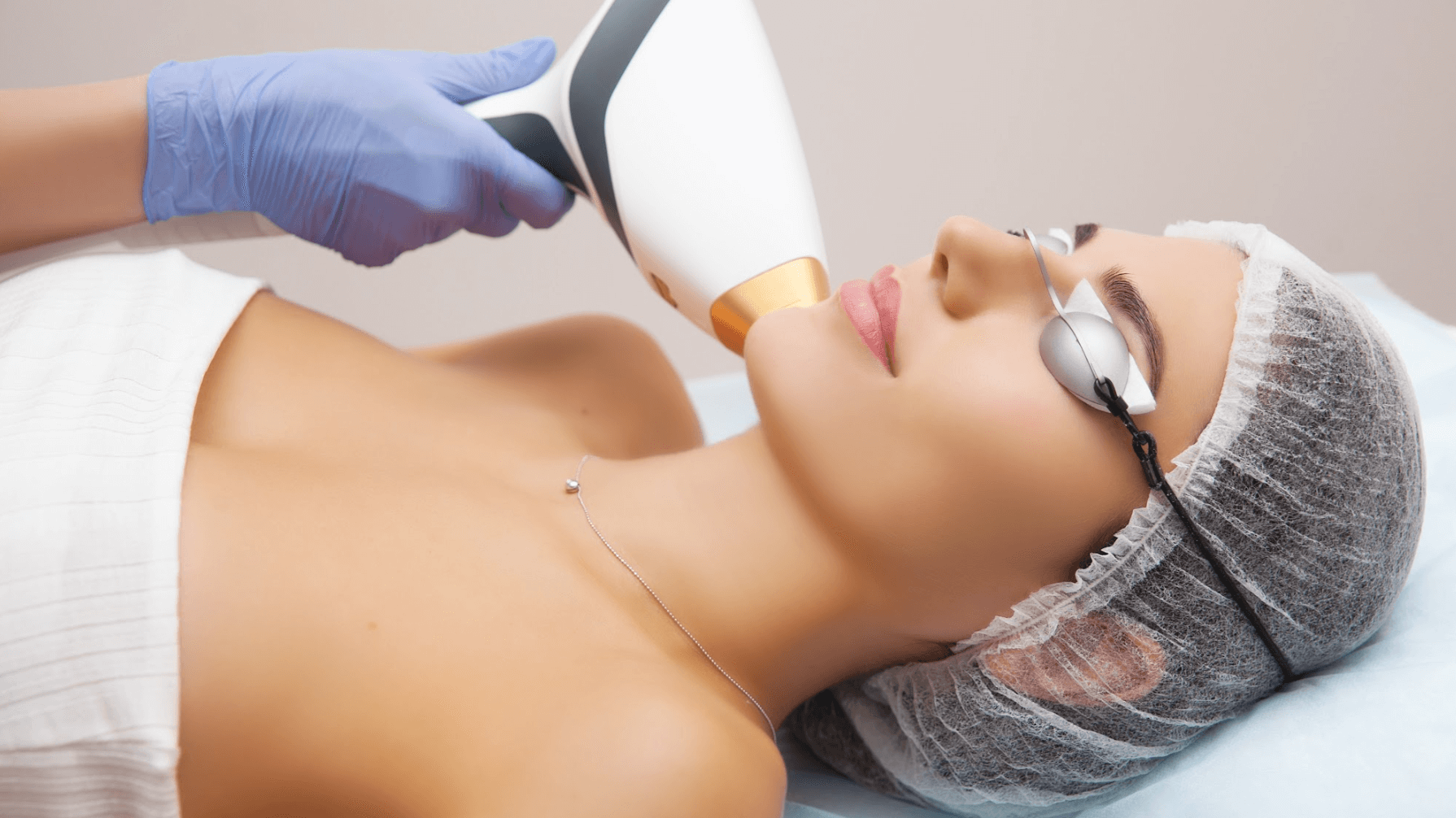Say Goodbye to Redness: How IPL Photofacial Can Transform Your Skin Tone
&srotate=0)
Redness, rosacea, and other types of skin discoloration can be stubborn, difficult to conceal, and often progressive — meaning they can become more visible or widespread over time. While many products and treatments are ineffective in evening out skin tone and reversing the signs of sun damage, intense-pulsed light (IPL) therapy offers a promising solution. Also known as an IPL photofacial, this powerful laser sun damage treatment can help tackle various forms of discoloration and unevenness, including redness and rosacea, to give patients a clearer, more radiant complexion they can feel confident about.
At The Aesthetics Lab, Dr. Pina Panchal and our team of Tampa, FL aesthetic laser specialists perform IPL photofacial treatment to help you finally overcome skin concerns and start looking and feeling your best. Take a closer look at how IPL therapy works for redness and other skin irregularities here.
Why is my face always red?
Areas of redness or flushing are more common than you might think and may be due to a number of factors. In some cases, a flushed face has an obvious and acute cause — like becoming overheated or even embarrassed —while other people develop redness more frequently or have facial redness that never goes away. In the latter group, this may be a result of sun damage, dermatological issues, or a condition known as rosacea.
What treatment helps with rosacea?
For patients with frequent rosacea flare-ups or constant facial flushing and redness — as well as a variety of other skin concerns — the IPL photofacial can be an exciting solution. During an IPL photofacial for redness, targeted laser energy is administered to the skin's surface, penetrating to the deeper layers of tissue. This affects the pigmented cells and lesions responsible for redness and discoloration, forcing them to the surface level. Over the course of several days or weeks, the pigmented skin cells will flake away, and a new, healthier, clearer layer of skin will be revealed.
What can IPL skin treatment help with?
IPL laser therapy is considered extremely diverse when it comes to evening out the skin tone and creating a smoother, clearer complexion overall. Some of the most common skin problems that can be effectively addressed, improved, or even corrected with IPL laser photofacial treatments include:
- Redness
- Rosacea
- Melasma
- Hyperpigmentation
- Uneven skin tone
- Dull skin
- Rough skin
- Enlarged pores
- Brown spots
- Sun spots
- Age spots
- Sun damage
Will rosacea come back after IPL treatment?
For optimal and long-lasting results, a series of multiple IPL photofacial treatments may be recommended. Depending on the cause and nature of the patient's original skin discoloration, they may or may not experience new areas of hyperpigmentation in the future. However, there are some things you can do to discourage new or worsening concerns and keep your skin looking its best for as long as possible, including:
- Avoid sun exposure
- Wear sunscreen as frequently as possible
- Practice healthy lifestyle habits overall
- Cleanse and care for the skin as recommended
Additionally, our team can recommend complementary skin rejuvenation treatments and products that can be used alongside or between your IPL photofacials to help you maintain a more vibrant new complexion you love.
Get a dreamy complexion you won't need to hide with an IPL photofacial in Tampa, FL
If you are tired of having to apply makeup every day to cover your red blotches or uneven skin tone, or you're simply looking for a versatile skin rejuvenation treatment that can breathe new life into your dull, worn-out complexion, an IPL photofacial may be right for you. For more information on the stunning skin transformations that are possible with Tampa, FL IPL photofacial therapy, call The Aesthetics Lab to schedule your consultation or skin assessment with advanced aesthetic specialist Dr. Pina Panchal today.